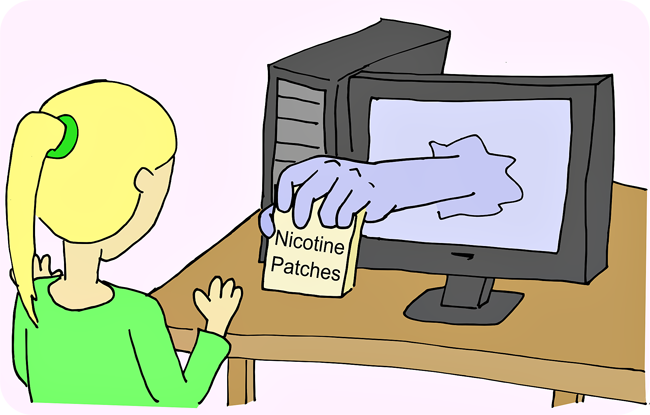A new program that links patients’ medical records to a state-funded tobacco-quitting program will significantly lower healthcare costs for the state, according to Michael Davis, the director of the Cancer Institute at the Baylor Scott & White Health system.
“This initiative will have a huge impact on the number one preventable risk factor for all chronic diseases — tobacco use — and stands to net the state over $271 million in health care cost reductions,” Davis said in a statement released by the University on Wednesday.
The new program, eTobacco, will allow a doctor to automatically refer a patient who qualifies for help with tobacco cessation to the state-funded tobacco program, Quitline.
Davis said the protocol will also increase workforce productivity in the hospital, since doctors will not have to go through the outdated protocol systems to enroll a patient into Quitline.
Tobacco use is currently responsible for more than 5 million deaths per year in the U.S., with trends pointing to an increase of 8 million deaths per year by 2030, according to the Center for Disease Control and Prevention.
Shelley Karn, project director of the Tobacco Research and Evaluation Team at UT, said she believes eTobacco will allow for a greater number of adults struggling with tobacco to benefit from Quitline and recover from a dependence on tobacco.
Temple Memorial Hospital in Temple, Texas, hosted the first training session for the eTobacco system Wednesday. Karn said she believes the eTobacco system will eventually be implemented in hospitals around the entire state.
“This presentation is the first, but we hope to do similar trainings to integrate the eTobacco protocol and other Quitline referral resources throughout the state,” Karn said in the statement.
Biology freshman Evan Gabriel said he believes the implementation of systems such as eTobacco will allow doctors to budget their time more efficiently while in the hospital.
“Doctors won’t have to spend nearly as much time performing tedious tasks like filling out paperwork,” Gabriel said. “Instead, they can focus more on the patients and their own research.”
Implementation of electronic records systems throughout hospitals is becoming more prevalent as hospitals are starting realize the programs’ significant benefits, Gabriel said.
“If I become a doctor in the next 10 years, I expect for everything to be electronically-based,” Gabriel said.





















